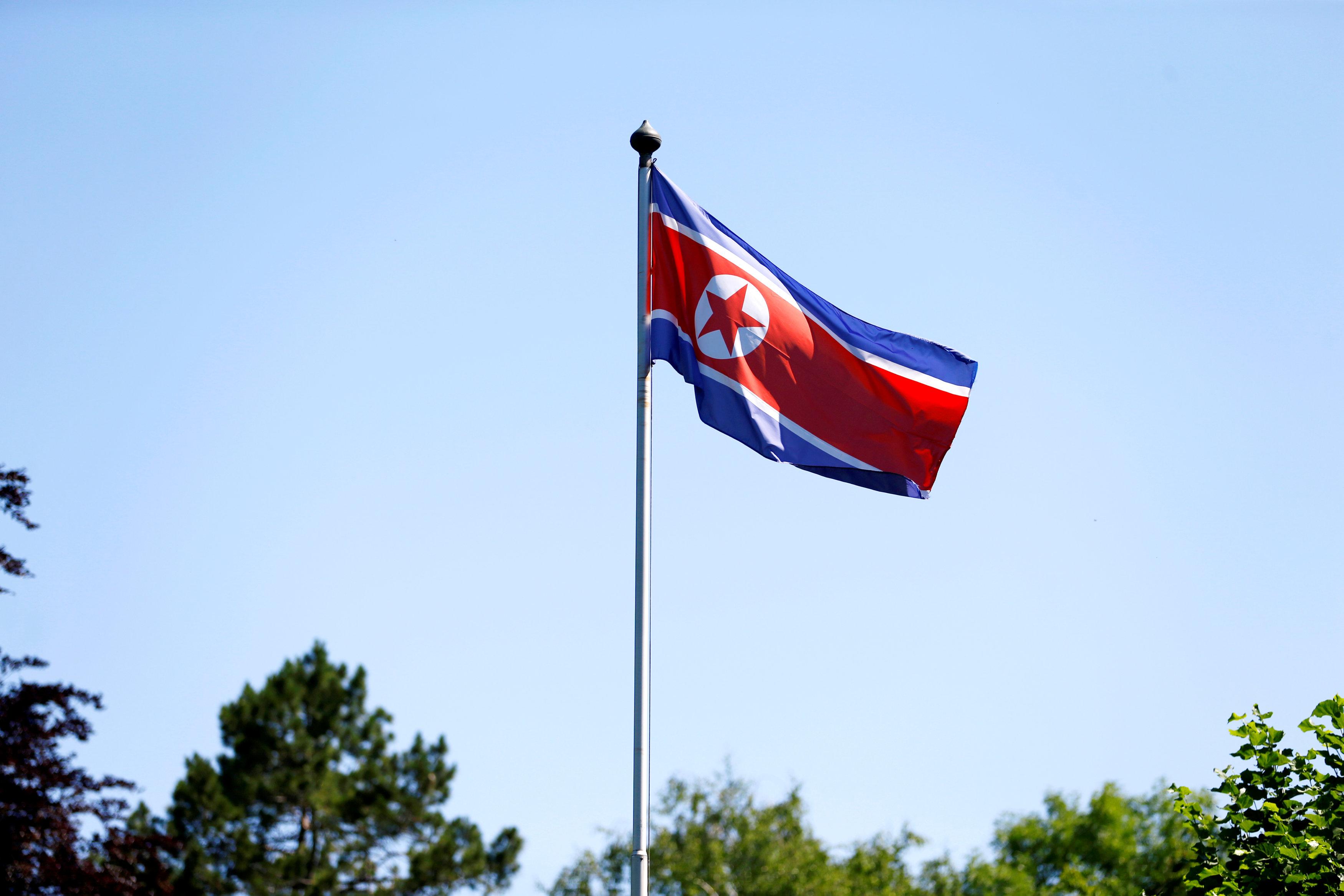N. Korea warns of strong response to US-South Korea military drills

North Korea on Friday threatened an "unprecedentedly" strong response to upcoming US-South Korea joint military drills, describing them as preparations for war.
The warning came ahead of a tabletop exercise next week in Washington, in which the two allies will discuss responses to the use of nuclear weapons by Pyongyang.
North Korea has long condemned joint US-South Korea military drills, calling them rehearsals for an invasion.
It regards the exercises planned for this year "with just apprehension and reason... as preparations for an aggression war", a spokesperson for the North Korean foreign ministry said in a statement released by state media.
If Washington and Seoul go ahead with the drills, "they will face unprecedentedly persistent and strong counteractions", the statement added.
Under its hawkish President Yoon Suk Yeol, South Korea has beefed up military drills with the United States, which had been scaled back during the Covid pandemic.
They were also paused for a bout of ill-fated diplomacy with Pyongyang under his predecessor.
Yoon's government is eager to convince the increasingly nervous South Korean public of Washington's commitment to deter Pyongyang, which last year declared itself an "irreversible" nuclear power and conducted a record number of weapons tests.
The exercise next week will focus on "joint planning, joint management and joint response with Washington's nuclear assets" in case of a nuclear attack by Pyongyang, a South Korean defence ministry official told AFP on Friday.
Pyongyang's aggressive statement reflects the significance of this drill, said Yang Moo-jin, a professor at the University of North Korean Studies in Seoul.
The exercise will be an important criterion for the extent to which the US nuclear arsenal will be involved in deterring North Korea, Yang told AFP.
Pyongyang has repeatedly said it is not interested in further talks, and North Korean leader Kim Jong Un recently called for an "exponential" increase in his country's nuclear arsenal. —Agence France-Presse




